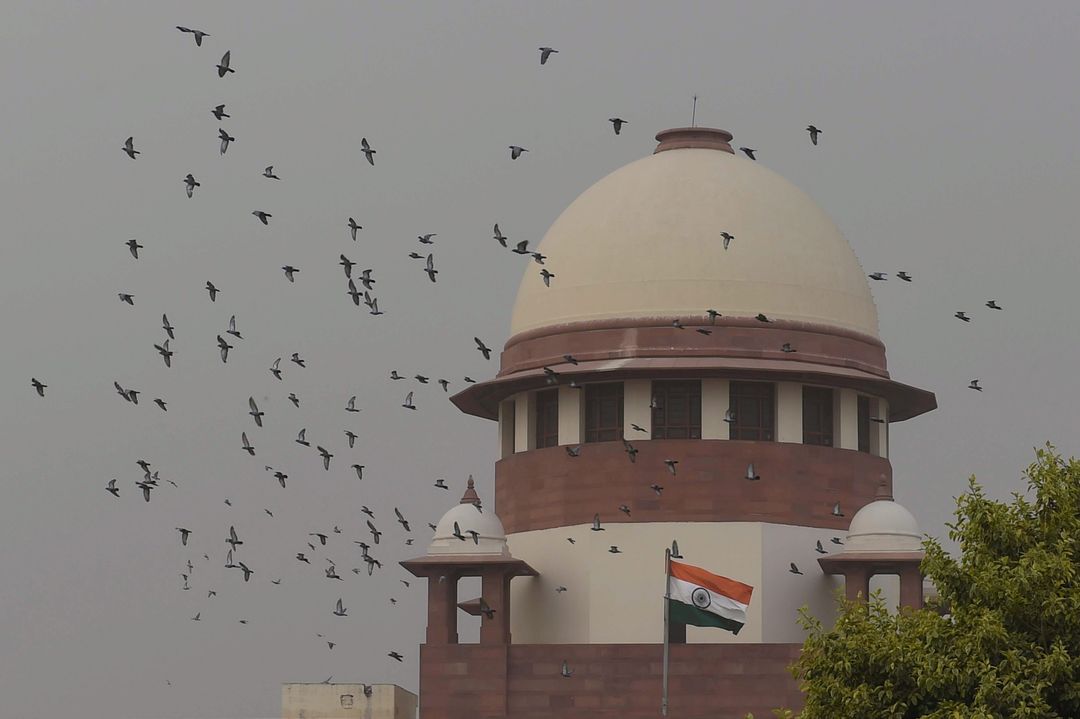New Delhi, Feb 27 – The Supreme Court has expressed strong displeasure over the responses submitted by the authorities in Delhi, Kolkata, and Hyderabad regarding the continued practice of manual scavenging in their cities, despite a nationwide ban.
A bench comprising Justices Sudhanshu Dhulia and Aravind Kumar has summoned the municipal commissioner of Kolkata Municipal Corporation (KMC), the director (S&DM) of the Delhi Jal Board (DJB), and the managing director of the Hyderabad Metropolitan Water and Sewerage Board, Telangana, to be personally present at the next hearing. Additionally, the commissioner of Bruhat Bengaluru Mahanagara Palike (BBMP) has also been directed to appear, as neither an affidavit nor any representation was submitted from Bengaluru.
Authorities Fail to Explain Deaths
The apex court noted that the affidavits filed by KMC, DJB, and the Hyderabad Metropolitan Water and Sewerage Board failed to explain recent deaths caused by manual scavenging in their respective cities. The court pointed out that despite the claimed prohibition of these hazardous practices, fatal incidents continue to occur.
The court specifically criticized:
- Kolkata Municipal Corporation for failing to justify three manual scavenging-related deaths on February 2, 2025, despite their claim that the practice had stopped.
- Delhi Jal Board for providing an evasive response, merely stating that manual scavenging and sewer cleaning are "totally prohibited" but failing to clarify whether the practice persists. The court also highlighted the lack of explanation for seven such deaths in Delhi in the past year.
- Hyderabad Metropolitan Water and Sewerage Board for not providing any details on when and how manual scavenging was eliminated and why three deaths occurred due to it in the last year.
In contrast, the affidavits from Mumbai and Chennai were deemed satisfactory but still required additional details on the use of machines and the exact timeline of discontinuation.
Call for Criminal Action
The Supreme Court has demanded an explanation from all concerned authorities on why criminal prosecution should not be initiated against officers and contractors responsible for employing manual scavengers, particularly in cases where deaths have occurred under their supervision.
Jurisdictional Dispute in Kolkata
The KMC counsel argued that the deaths in Kolkata fell under the jurisdiction of the Kolkata Metropolitan Development Authority (KMDA), not KMC. However, the court questioned this claim and directed the Chief Secretary of West Bengal to clarify who is responsible for manual scavenging in Kolkata and its surrounding areas, including KMDA jurisdictions.
Next Hearing Scheduled for March 20
The Supreme Court has set the next hearing for March 20, 2025, pressing authorities to provide clearer answers and take accountability for the ongoing violations. This comes after the court had officially banned manual scavenging in Delhi, Mumbai, Kolkata, Chennai, Bengaluru, and Hyderabad on January 29.
The court’s firm stance signals a major push towards ensuring compliance with the ban and holding authorities accountable for lapses in enforcement.
Last updated by a enewsx:

